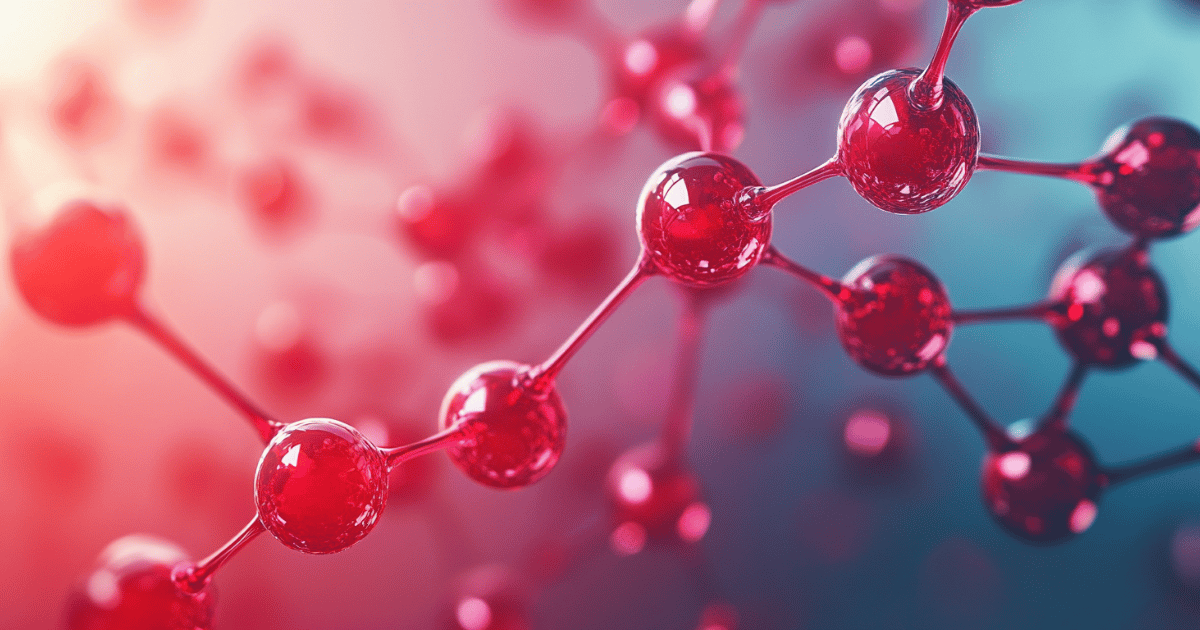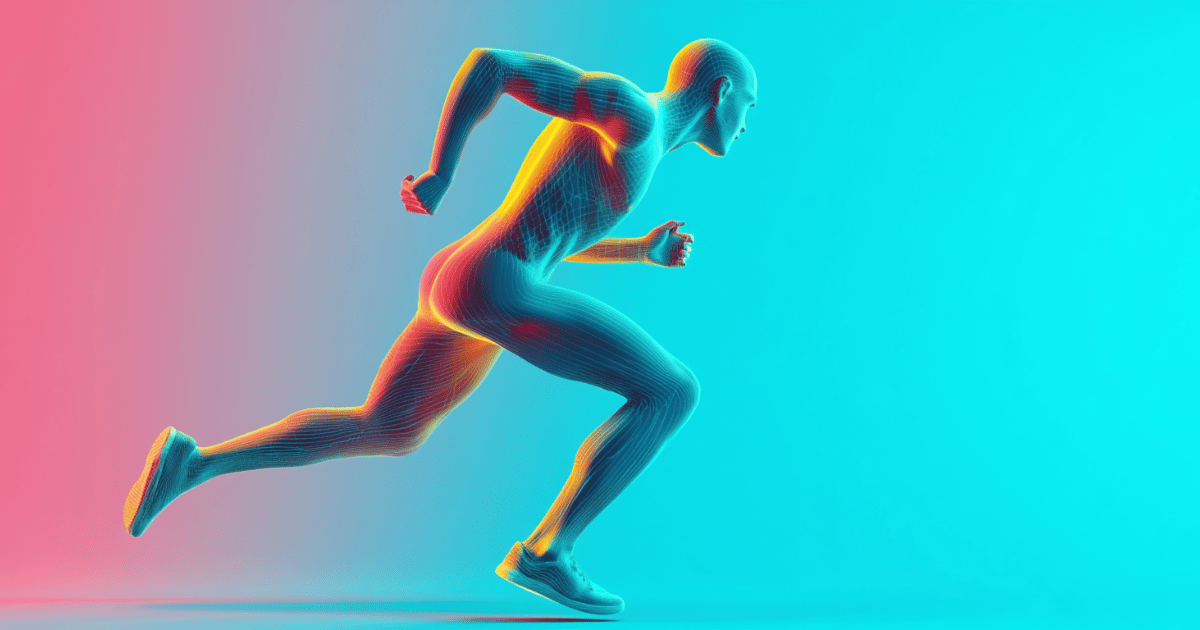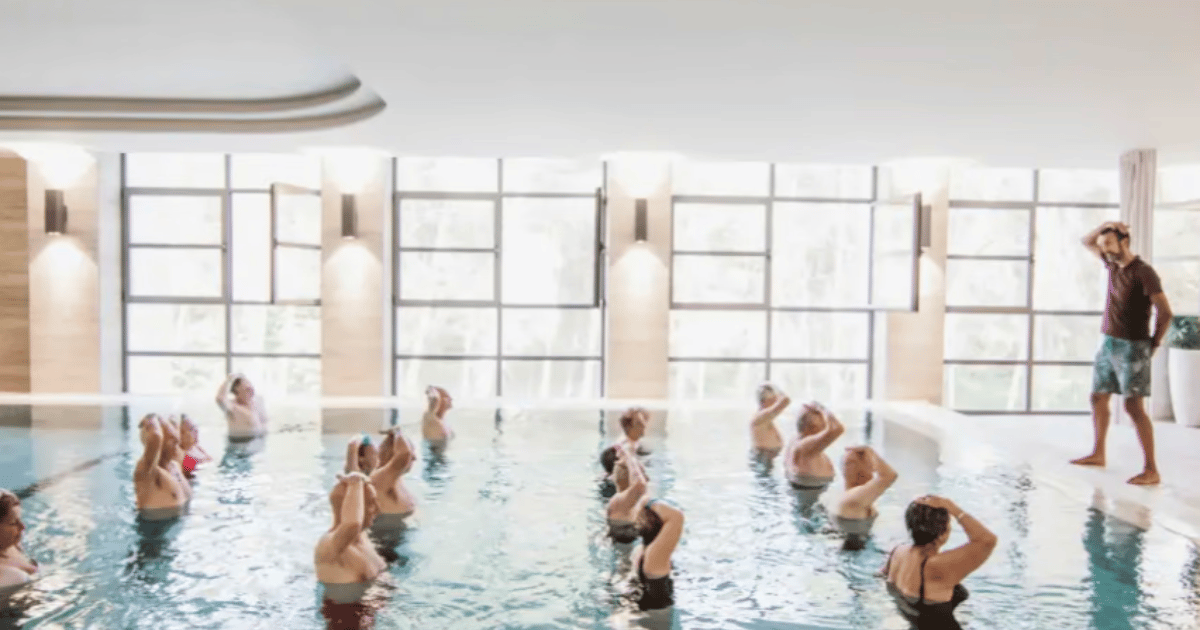
Morning, long-lifers. Here’s what’s new:
Muscles release an anti-aging molecule during workouts - and older bodies take their sweet time catching up.
Basically, your biceps are trying to text you “stay young,” but it takes 12 weeks for the message to deliver.
Don’t keep longer. a secret - share it with your friends!
This week in longevity:
☕️ Morning coffee mimics longevity drug
🧘♂️ Wellness retreats outpace beach vacations
🔋 Regular exercise slows biological aging
💥 Laser tool treats hardened arteries faster
🔬 3D map of key inflammation enzyme unlocks new therapies
Plus, more longevity breakthroughs.
Read time: 5 minutes
THIS WEEK IN LONGEVITY
🔥 The workout molecule that keeps you young

Source: Midjourney | longer.
A newly discovered protein may explain why workouts help you stay strong and why they seem less effective with age. It’s called CLCF1 and is released by muscles during exercise. In young people, levels rise quickly. In older adults, it takes weeks of consistent effort. Scientists now think CLCF1 could be the missing link in exercise’s anti-aging powers. Think of it as your gym-time translator.
What to know:
It’s a muscle-made protein: CLCF1 is released by muscles during exercise. It helps keep muscles strong and bones healthy.
It drops with age: Young people see a boost in CLCF1 after one workout. Older adults need 12+ weeks of regular exercise to see the same effect.
It’s the key to exercise benefits: In mice, exercise stopped working when CLCF1 was blocked. Adding it back made them stronger.
It powers cell energy and bone health: CLCF1 helps cells make energy, slows bone loss, and boosts bone growth.
Could become a treatment: It may lead to new ways to fight muscle and bone loss as we age.
Why it’s important: This could explain why workouts feel tougher, but work better when you’re young. And it opens the door to turning muscle-made proteins into medicine. CLCF1 might just be your future post-workout supplement, in a syringe instead of a smoothie.
MADE POSSIBLE BY VIOME
🧬 Your body’s not guessing - so why are your supplements?

Source: Viome
Viome’s Full Body Intelligence Test looks at your microbiome, cellular health, and biological age to show what’s really going on inside.
Then it builds personalized supplements based on your results - only what your body needs, nothing extra.
Better sleep. Better energy. Better digestion.
July 3-13: $100 off for Prime Week + 4th of July (no code needed).
Trusted by 500,000+ and shipped straight to your door.
🏃♀️ Regular exercise slows your biological clock

Source: Midjourney | longer.
New research shows that people who exercise regularly age more slowly at the cellular level. Using three different “epigenetic clocks” (which track biological rather than calendar age), scientists found that moderate to vigorous activity was linked to younger, healthier cells. It’s like moving your body turns down the dimmer switch on aging.
What to know:
Study tracked 12 years of data: Researchers followed older adults from 2004-2016 and measured DNA changes linked to aging.
Exercise was self-reported: People who did moderate activity more than once a week or vigorous activity once a week were considered active.
Physically active = biologically younger: Active participants showed up to 1.7 years less biological aging compared to inactive ones.
Three clocks, same story: All three biological age measures—GrimAge, PhenoAge, and DunedinPACE - showed slower aging in active people.
More is better: People who stayed active throughout the study had the strongest anti-aging effects.
Why it’s important: Your sneakers may not erase wrinkles, but they might shave a year or two off your biological age. In the aging race, it turns out “slow and steady” means getting up and moving regularly.
💡 Want to break down a research article? Try this prompt in ChatGPT:
“Explain this in plain language. Avoid science terms. Keep it under 5 sentences. Then give 5 takeaways based only on this summary—no extra info or guesses: [Paste the article here]”
MONEY MOVES IN LONGEVITY
💰 Gallant raises $18M Series B to bring off-the-shelf stem cell therapies to pets - fetching real treatment, not band-aids.
💰 Circulate Health lands $12M seed to expand plasma exchange clinics - swapping old blood for younger vibes.
💰 Terrana Biosciences launches with $50M from Flagship to deploy RNA tech for crops - editing nature’s code, no CRISPR needed.
💰 Minovia Therapeutics merges via $180M SPAC to scale mitochondrial therapy - powering cells and Wall Street traction alike.
IN THE SPOTLIGHT

Source: Midjourney | longer.
1. Morning coffee flips a cellular switch
New research shows caffeine activates AMPK, a master energy sensor that helps cells survive stress and stay healthy. This could explain coffee’s longevity perks. Turns out, your daily brew might be nudging the same pathway as metformin - but tastier.
2. This 10-second test may predict your lifespan
A study of over 4,000 adults found those who struggled to sit and stand without support had a dramatically higher death risk over 12 years. No fancy gadgets needed - just your body, balance, and a patch of floor.
3. Young tissue signals make old heart cells act young
By mimicking chemical signals from youthful heart tissue, researchers in Singapore got old cells to behave like young ones - no DNA changes needed. It’s not the cell that needs fixing - it’s the message it’s getting.
THE NEXT BIG THING
Aging better without leaving your house

Source: RxLongevity App
A new health app is helping people over 60 build daily habits that improve pain, mobility, and long-term health.
Instead of data overload or strict programs, it offers simple coaching to create a personalized longevity plan from home. Users are averaging over 280 minutes of movement each week - far above the norm for their age group.
A glimpse of what aging tech should actually feel like?
WHAT ELSE YOU SHOULD KNOW THIS WEEK

Source: Midjourney | longer.
🌿 Retreat Revolution: Top entrepreneurs are skipping beach getaways for wellness retreats that focus on sleep, diagnostics and full-body recovery. U.S. wellness travel now drives over a third of tourism spend - and it’s booming.
💥 Artery Upgrade: FastWave’s new Sola laser system just treated its first human patients, targeting hardened arteries with faster, safer pulses. It’s five times quicker than older tools and designed for aging hearts.
🔬 Inflammation Insight: University of Cincinnati scientists just visualized ADAM17, a key immune enzyme tied to arthritis, cancer and COVID. Their 3D map unlocks new precision therapies with fewer side effects.
🧬 Hearing Breakthrough: A new gene therapy in China restored hearing in 10 deaf patients by fixing the OTOF gene, which helps send sound signals to the brain. Some went from total silence to near-normal hearing in just one month.
⚡️ Aging Detector: A new tech from Tokyo identifies aging cells using electric fields - no blood draws or stains needed. Old cells give off erratic signals, up to 27× more chaotic than young ones.
WHAT WE’RE BOOKMARKING
📱 Social
🎧 Podcasts
📰 Articles
⚙️ Tools to Try
Thanks for reading.
What did you think of this week’s newsletter?
See you in the next issue.




